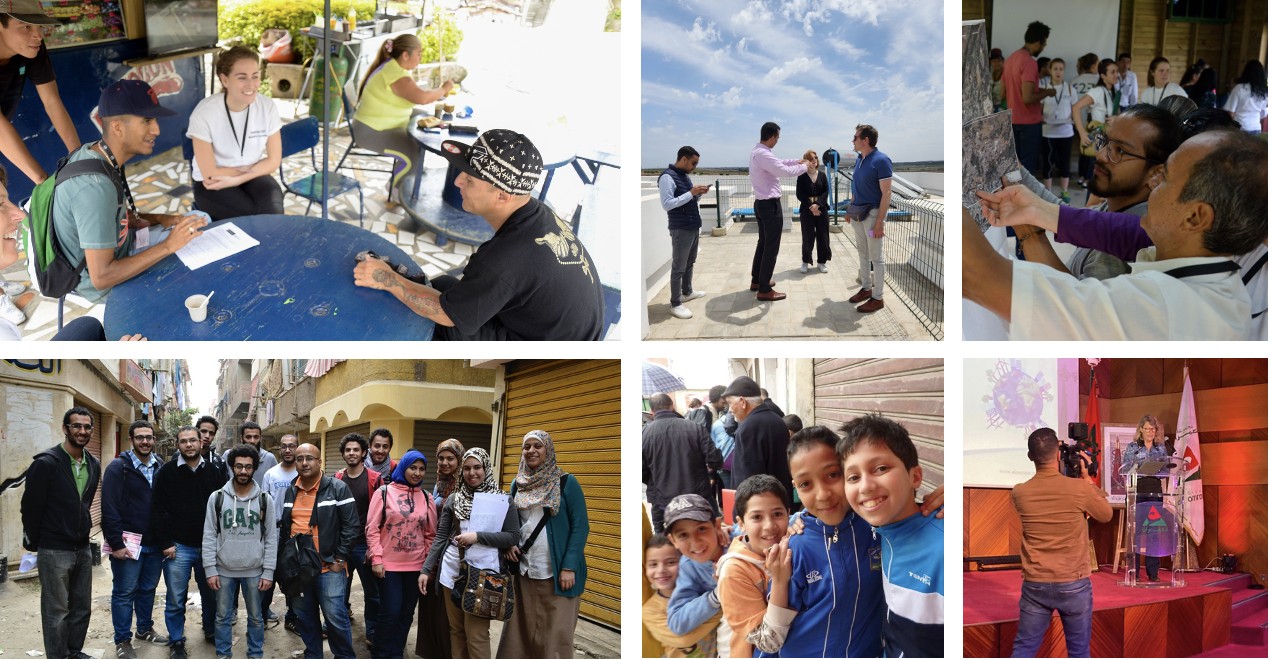International
Ecocity Morocco
Ecocity Morocco is a project led by Morocco’s social housing developer to design and build new eco-cities and eco-districts across Morocco. The development approach aligns with international Ecocity Standards. Under this initiative, Kirstin led the development of seven integrated form-based codes with corresponding sustainability action plans. This ongoing initiative resulted in the certification of the seven urban areas under the Ecocity label, calibrated to meet Ecocity Standards for the context of Morocco.
Secondary Cities
Secondary Cities (2C) was a field-based initiative of the United States Office of the Geographer to map for Resiliency, Human Security, and Emergency Preparedness. 2C built partnerships to create geospatial capacity, enhance understanding through data and mapping, and enable science-based decision making. For Ecocity Builders, Kirstin led 2C project teams in Colombia, Dominican Republic, Peru, and Argentina.
Nepal Ecocity Network - Lalitpur Ward Level Plans
This project’s ambition was shaped as an outcome of the 2018 government-hosted National Consultation on Promoting Ecocities in Nepal. Working in Nepal with local leaders and residents, Kirstin led the drafting of a series of neighborhood-level development plans for Lalitpur that prioritized citizen participation, environmental concerns, protection of culture and heritage, and improvement in overall quality of life.
Urbinsight - EcoCitizen World Map Project
Urbinsight combined a citizen-centric resource assessment methodology and an inclusive data collection process that allowed cities to make informed planning decisions towards the creation of low-carbon and sustainable living environments. Kirstin coordinated and led Urbinsight teams in Colombia, Peru, Abu Dhabi, Egypt, and Morocco.
The Sustainability Precinct, Vancouver, BC
Kirstin was project lead for a collaboration between Ecocity Builders and BCIT’s School of Construction and the Environment to develop a plan for a new sustainability precinct on the Burnaby Campus of BCIT. The project aimed to integrate physical ecological redesign alongside a retuning of the Trades’ educational programming, launching a coordinated shift to teaching and building for ecological efficiency and livability.
